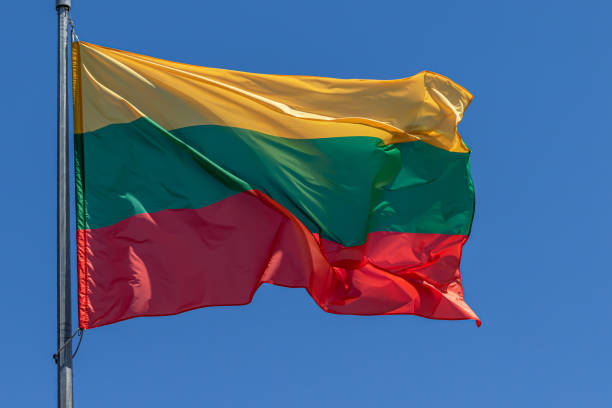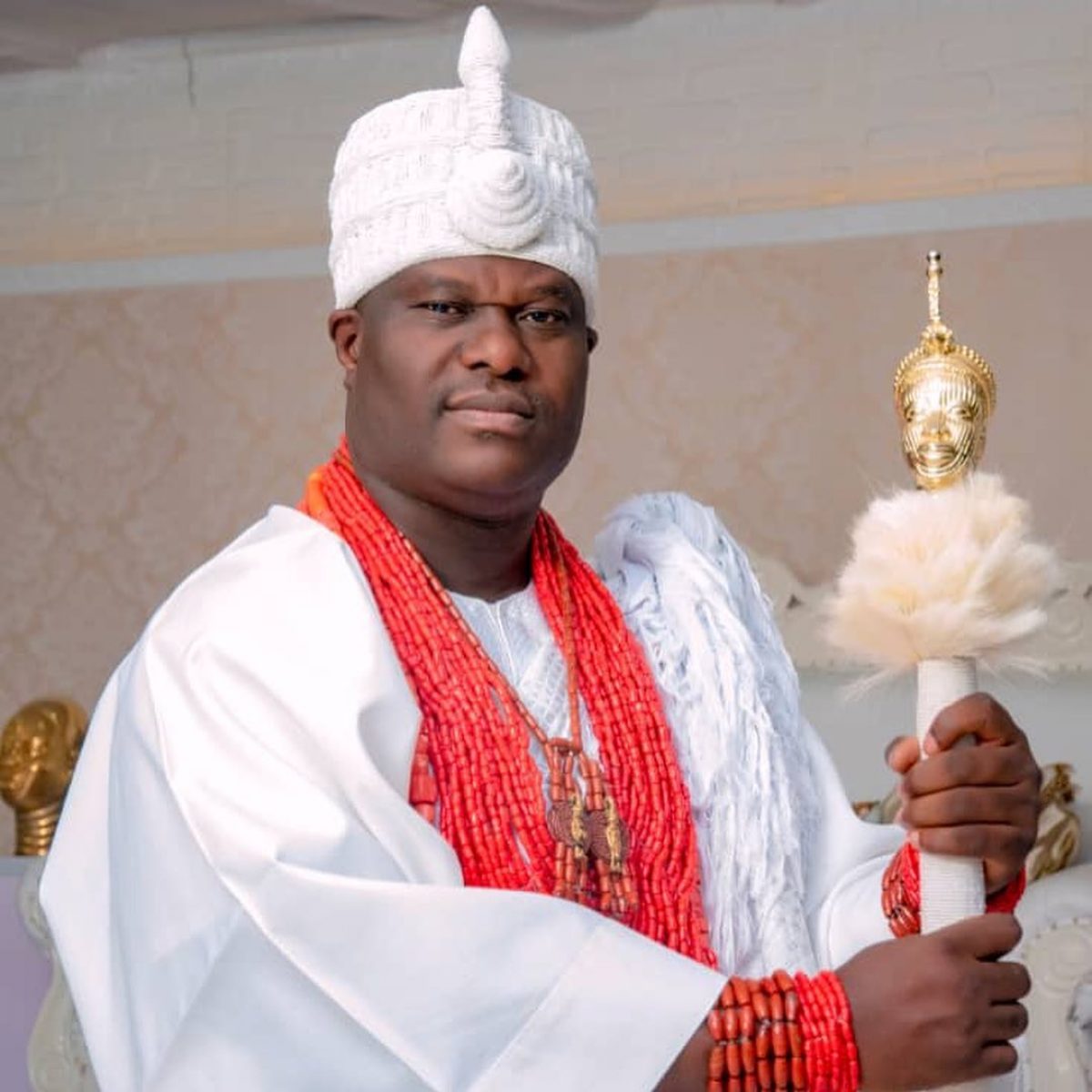
The Lithuanian Parliament on Tuesday passed a resolution declaring Russia’s invasion of Ukraine a “genocide” and Russia a perpetrator of terrorism.
In the resolution, the Seimas, Lithuania’s Parliament, recognized “the full-scale armed aggression — war — against Ukraine by the armed forces of the Russian Federation and its political and military leadership […] as genocide against the Ukrainian people.”
Passed unanimously, the resolution accuses Russian military forces of “deliberately and systematically targeting civilian targets,” declaring Russia “a state that supports and perpetrates terrorism.”
The Seimas also called for the establishment of an international tribunal to investigate alleged Russian war crimes in Ukraine.
Lithuanian Foreign Minister Gabrielius Landsbergis told CNN Tuesday that the decision is a recognition of reality and “gives impetus for further legal investigations into the situation.”
In his first reaction to the unanimous passage of the resolution, Landsbergis said the designations must be followed up by investigations, such as those being carried out by the International Criminal Court and the International Court of Justice.
“We haven’t seen anything like it since the Second World War, so that might give additional speed to the investigation and resources that they require, because especially ICC … they have as much money as the countries provide and as many investigators as the countries provide,” said Landsbergis, who noted Lithuania was one of the first countries to provide financial assistance to the investigators.
Landsbergis said that the international community must not only work to strengthen mechanisms aimed at accountability for war crimes and crimes against humanity, but perhaps look for new ones because “Russia truly changed the reality with their attack on Ukraine.”
“We had trust that after the Second World War, we built the mechanism that should empower this ‘never again’ concept. Obviously the mechanisms were not sufficient. And so we really need now to start working on strengthening those mechanisms,” he said “I think that we not only need to strengthen what we built, but maybe even to look for new mechanisms and new instruments that would really allow us once again to say this was the last time.”








